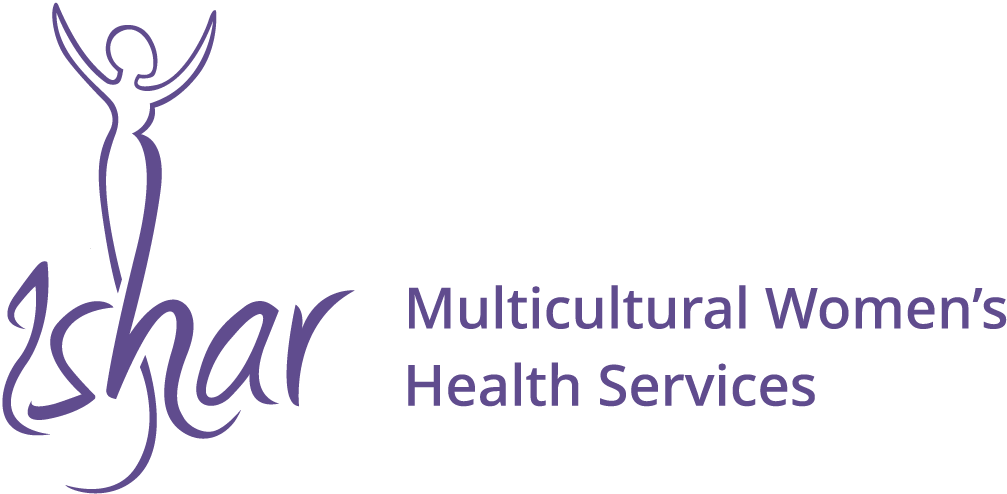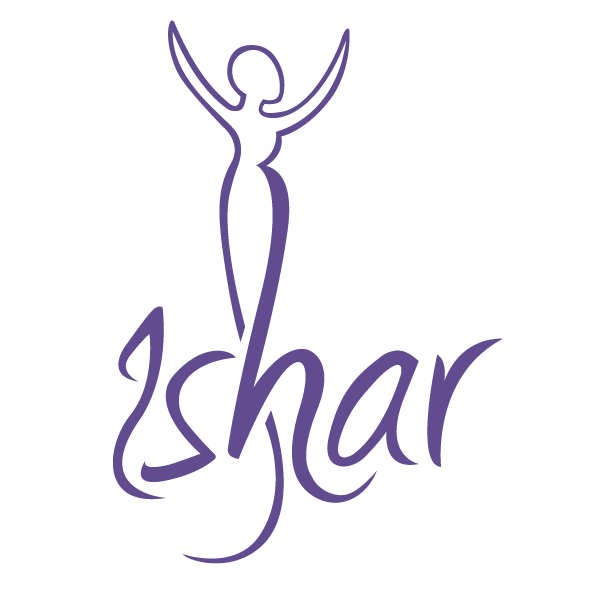Journey of a Refugee: Fam's Story of Resilience and Hope
Fam's journey from Chin State, Burma, to Australia is an inspiring tale of resilience and hope. She faced persecution and uncertainty as a refugee, but she and her family found solace in Australia. From adapting to a new culture to overcoming language barriers, Fam's determination propelled her forward. Today, she's a vital part of Ishar, supporting migrants and refugees.
In honour of Refugee Week 2023, we are proud to highlight the remarkable contribution of refugee women like Fam within our organisation. As a Bilingual Health Educator, Fam empowers her community, particularly the women from the Chin and Burmese communities, by providing essential health information in their language, Hakha Chin. Her dedication embodies the spirit of resilience and strength that refugee women bring to the forefront.
Fam's story serves as a beacon of hope, showcasing the transformative power of compassion and the potential for positive change. Together, let's celebrate the achievements and resilience of refugee women, supporting them in their journey towards a brighter future. 🤝🌟
A Journey of Resilience and Hope
I come from a Chin ethnic group in Myanmar. My family and I came to Australia as refugees in 2006. Before that, we were in Malaysia to get refugee status under UNHCR. The Chin people, like many other ethnic groups in Myanmar, have been under military junta prosecution and silent genocide for many years. Hence, the reason we had to leave our motherland. Chin State, in particular, is a very secluded, very isolated, and poorest state among other states in the country.
Life in Malaysia as an Undocumented Person:
Life in Malaysia as an undocumented person wasn't easy either. We lived in a 2-bedroom apartment with 20-30 people cramped together. We lived in constant fear of the police and government bodies. Many of our people got arrested on their way to or from home to work or just going grocery shopping. There is a term called 'operate" in Malay, which means operation, a major crackdown on undocumented people by Malaysian special police. So, we were not safe even in our homes. Most of the time, we get mugged by other people or by the police for our hard-earned money, which means we have nothing for our survival for another whole month. I can still remember my dad making holes under the soles of his shoes to hide money, but even that wasn't safe.
First Impressions of Australia and Cultural Adjustments:
My family and I were so excited to come to Australia. Of course, as we expected, it was so different from Chin State and Malaysia. My first impression when we arrived was that it was so clean and quiet! :D
Almost everything was challenging because we had to start everything from the beginning again. From the language to the foods and drinks to even just the household appliances. It will be too long to list. Many thanks to the social workers/case managers of the Humanitarian Settlement Services (HSS); they had to support us in every little step of our first journey in Australia—from using the toilet to using the stove, the refrigerator or laundry. Even food was challenging. We were given a week's worth of essential foods by the HSS as soon as we arrived. But bless them, they tried, but we could eat nothing! We were given things like pasta, canned foods, frozen foods like pies and sausage rolls and breakfast cereals. We didn't know how to cook or eat them!
Schooling was very different too. Our country had no system of 5 to 6 subjects in different rooms daily. I still remember being so confused when we lined up to go to another classroom for another subject. I was so surprised because I thought school was finished for the day, and I tried to take all of my things with me. My classmates, my teachers and I were so confused! I was so embarrassed. Since then, I have been just like a robot, copying and following whatever other people do.
Making a Difference in the Community:
My family and I are forever thankful to Humanitarian Settlement Services (HSS). We are amazed by their patience until this day. They supported us for the first 12 months in Australia. They were the ones who inspired me in my career path as well. I always wanted to help people like me as they had supported us. I started my earlier career in Community Services as a Bilingual Support Worker at one of the HSS Programs when I was in high school year 11, mainly during the school holidays. That led me to pursue further education in this field and continue with the same profession.
I joined Ishar as a Bilingual Support Worker in 2016 at first. And I am now working as a Bilingual Health Educator and Information Officer; this gives me an excellent opportunity to support migrant women, especially the women in my community. To help them access and understand the Australian Health system, which the community really needs. Working with migrants, refugees, and asylum seekers has always been my primary passion. I learned about Ishar while working with the HSS Program, as we brought our female clients to Ishar for women's health and other supports. So, I have always been interested in joining Ishar, and I am thankful to Ishar, especially to Nicola (Ishar's Midwife), for the opportunity.
Ishar has had a big impact on both my personal and professional growth in so many ways. I am incredibly thankful to Ishar that they always provide us with and encourage us to improve in professional development. We are always encouraged to get as much training as we want and support further higher education. I am thankful to Ishar for the opportunity to let me do my passion.

